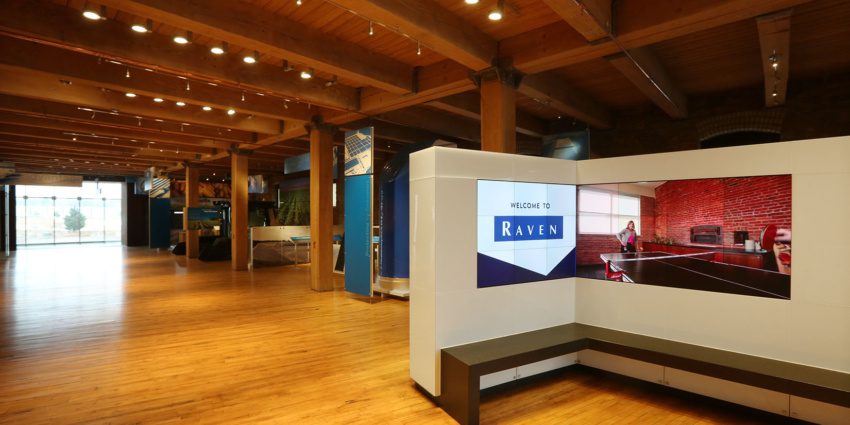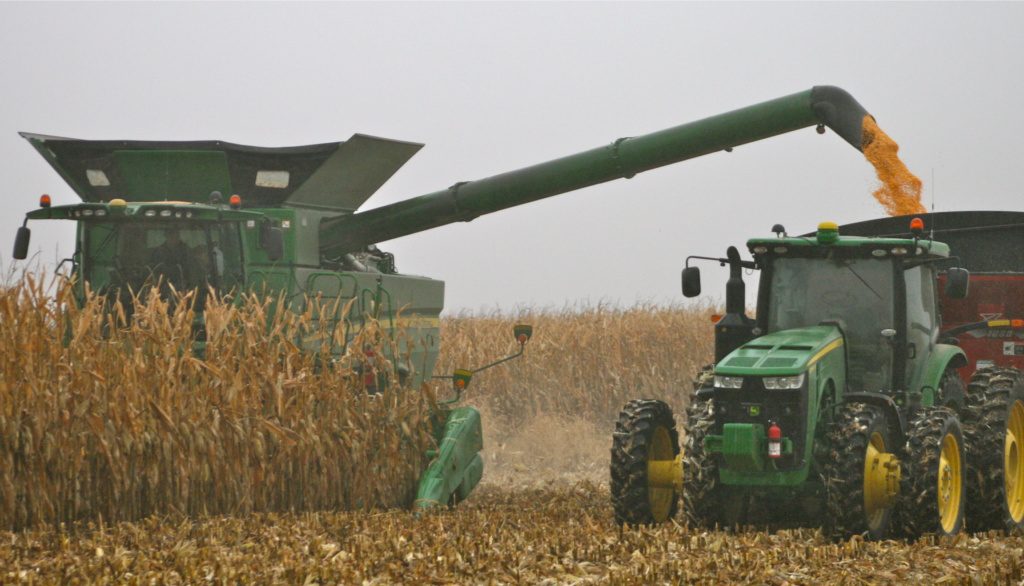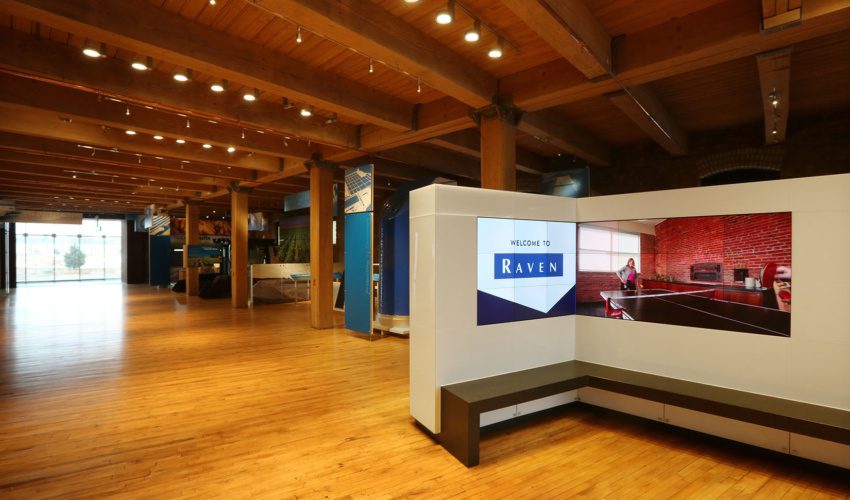Raven ends pandemic fiscal year down 46 percent in net income but positioned for growth
March 29, 2021
Sioux Falls-based Raven Industries ended its fiscal year with a 46 percent drop in earnings following declines in two of its three divisions, but investments made have positioned the company for “an exciting year” ahead, its CEO said.
Net income for the fiscal year, which ended Jan. 31, was $18.9 million, or 52 cents per share, compared with $35.2 million, or 97 cents per share, in the prior fiscal year.
Consolidated net sales for fiscal 2021 were $348.4 million, down 8.9 percent versus fiscal 2020. Net sales growth in the applied technology division was more than offset by declines in both engineered films and Aerostar.
“In fiscal 2021, we made key advances across our company and through our strategic platforms for growth,” Dan Rykhus, president and CEO, said in a statement.
In response to the pandemic, Raven identified four priorities for the year: “upholding the Raven Way, emphasizing cash flow from operations, protecting the core business and aggressively investing in Raven Autonomy,” he said.
“Looking back on the year, I am proud of our team’s ability to achieve these goals while managing our business through adverse economic conditions, supply chain constraints and changing our production processes to ensure the health and well-being of our team members. As we enter a new year, I have confidence that the lessons we have learned from these challenges will help our team drive growth in fiscal 2022 and beyond.”
The applied technology division included a $16.8 million investment in Raven Autonomy in the most recent fiscal year, the company’s growth strategy related to autonomous farming equipment.
“In fiscal 2022, applied technology is expected to drive growth in revenue as the division leverages its industry-leading product portfolio and customer relationships. Order activity strengthened in the fourth quarter of fiscal 2021 and is building momentum through the first quarter of fiscal 2022,” Rykhus said.
“In addition, we are seeing strength in the agriculture industry as increasing commodity prices have created optimism in the ag market for the first time in nearly a decade. In Raven Autonomy, we expect to deliver AutoCart systems in advance of the fall harvest and commercialize the Dot Power Platform. We will continue to aggressively invest in Raven Autonomy as we build the foundation for a step change in long-term growth.”
In the engineered films division, end markets “were significantly affected by the global pandemic, resulting in a decline in demand throughout the fiscal year,” Raven said.
“In engineered films, we have experienced improving conditions over the past few months. Overall, we expect to achieve market share gains and for end-market conditions to continue to improve as the year progresses, driving meaningful year-over-year revenue growth. In fiscal 2022, we are also focused on completing an acquisition to supplement the strategy within engineered films of delivering high-value films and composites.”
The year-over-year decline in revenue for Aerostar was primarily driven by pandemic-related travel restrictions enacted by the Department of Defense, Raven said.
In the fourth quarter, U.S. Alphabet Inc., parent company of Google, announced that Project Loon would be wound down as a company. The multiyear project used the Aerostar division for advancing the technology, flight durations and capabilities of stratospheric balloon systems designed to bring internet service to underserved areas.
“In Aerostar, I am very proud of all we have achieved over the last eight years as Alphabet’s design partner for Loon. The relationship helped deliver connectivity to rural areas of the world, but it also advanced Raven’s stratospheric platform technological capabilities,” Rykhus said.
“Looking forward, we remain focused on bringing our stratospheric balloon platform to U.S. government agencies, providing a proprietary solution for a variety of applications. We have achieved key milestones in recent months, and momentum surrounding our technology continues to grow. In fiscal 2022, the division expects to continue to develop the capabilities of its stratospheric and radar technology while executing on government contracts.”
Aerostar continues to develop its Thunderhead Balloon Systems, which are designed for long duration and navigational stratospheric missions, achieving a flight duration record of 94 days in the fourth quarter.
Fiscal 2022 “will be an exciting year for our company as we build out each of our strategic platforms for growth while leveraging the strength of our underlying businesses,” Rykhus predicted.
“Substantial order activity and improving market fundamentals provide confidence in our ability to drive strong year-over-year growth in applied technology and engineered films. As we execute on these opportunities, we will remain focused on aggressively investing to advance Raven Autonomy, Raven Composites and Raven Thunderhead while making significant progress on our multiyear plan to drive a step change in our long-term growth.”










